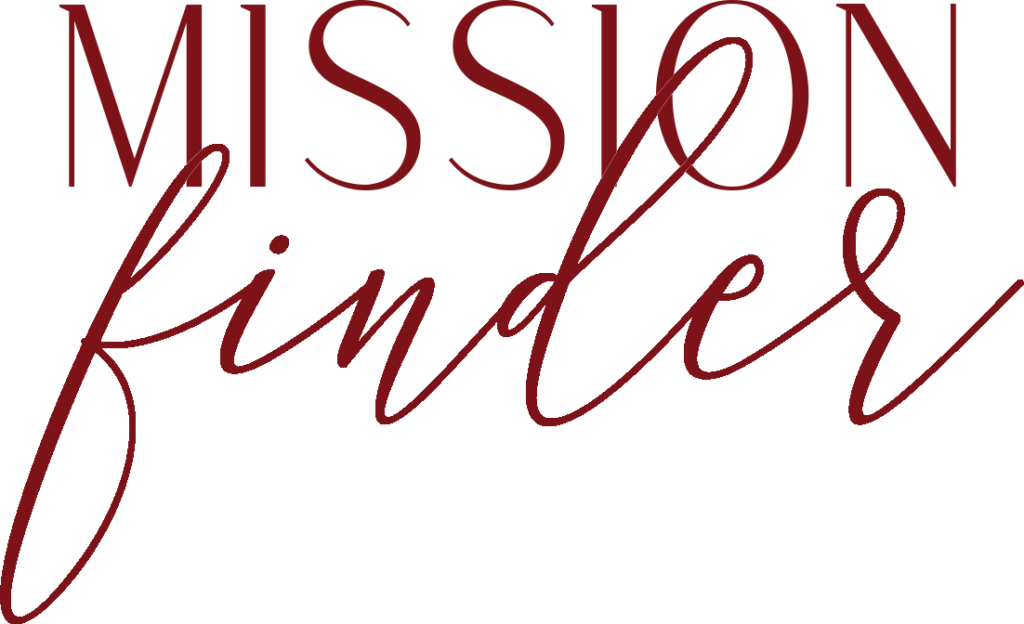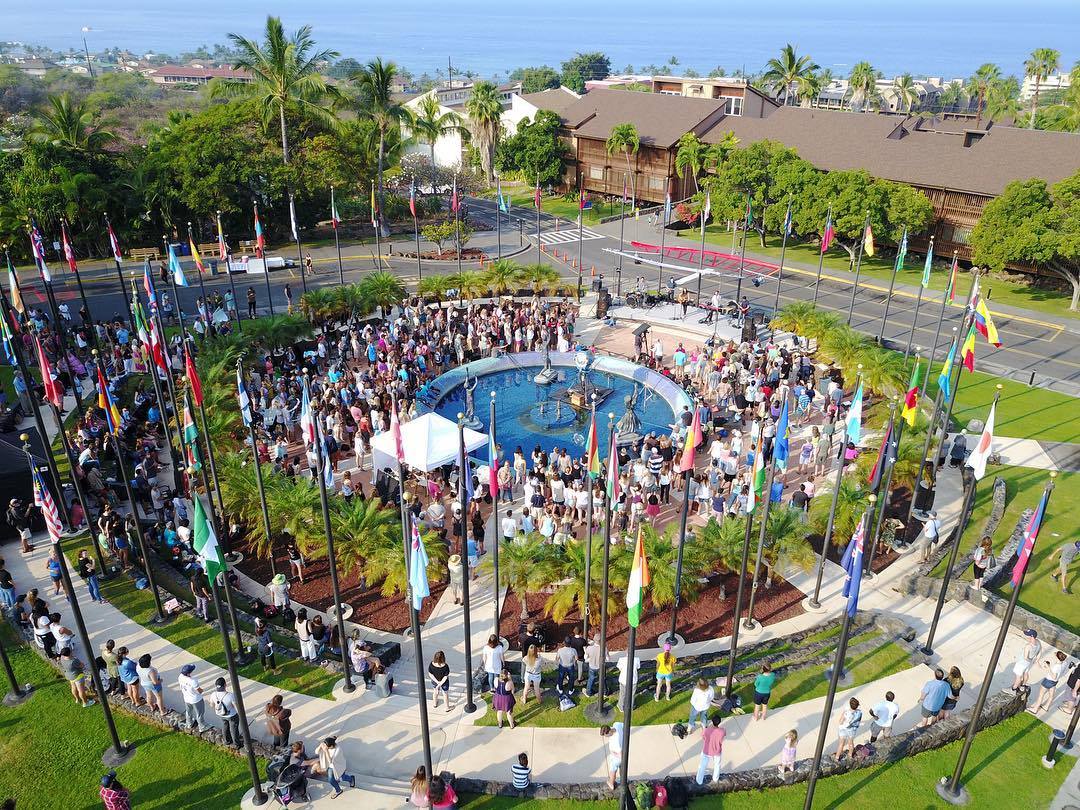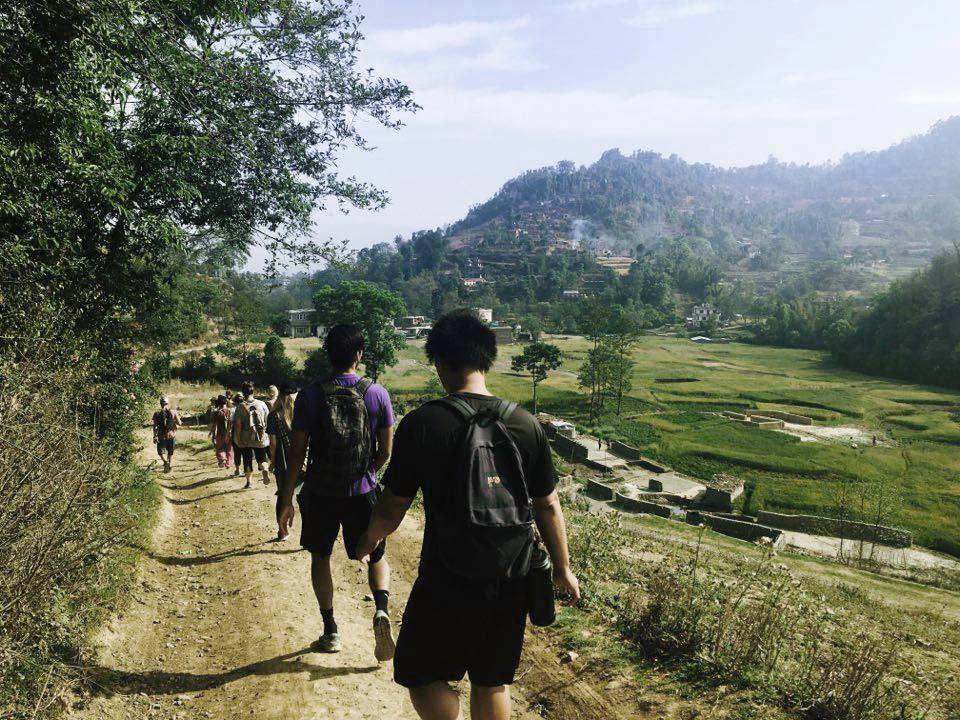University of the Nations YWAM Kona is one of the largest University of Nations campuses in the world and exists to train and send out YWAM missionaries to serve in all spheres of society. University of the Nations, Kona campus is home to a diverse network of ministries that support YWAM’s mission to “Know God and Make Him Known” through evangelistic endeavors, training and mercy ministries. University of the Nations Kona owes much of its growth and substance to the work of short-term volunteers who serve in a wide variety of practical ways.
Founded on biblical principles, the University of the Nations (U of N) fulfills its commitment to Christ and His Great Commission by equipping men and women with spiritual, cultural, intellectual and professional training, and inspiring them to both continually grow in their personal relationship with God while also seeking to make Him known among all peoples in all nations. The U of N employs a modular system with 12 weeks of classroom coursework. Some courses require field internships or field assignments in their area of study. Some of the distinct characteristics of the U of N include:
A live-learn lifestyle
Intensive modular courses & immediate field application
A creative atmosphere in the classroom
One-on-one contact between staff and students
Cross-cultural and multi-cultural training
“Multiplier for Missions”
The University seeks to broaden the scope of evangelistic endeavors by equipping students to serve in all spheres of society and in all nations, being both ‘salt’ and ‘light’ to the world (Matthew 5). To achieve this, we teach students to think biblically, discern spiritually and apply scriptural truth to every area of life.
The U of N offers Associate’s degrees, Bachelor’s degrees, Graduate Diplomas and Master’s degrees from its seven faculties. These faculties are:
Arts and Sports
Christian Ministries
Communication
Counseling and Health Care
Education
Humanities and International Studies
Science and Technology
At this time, approximately 15,000 students are taking one or more registered courses in 97 languages, across 142 nations, in 600 locations each year. We hope to see these, and other new courses, multiplied in additional languages and in other locations, especially in the developing world.
While the U of N has not applied for accreditation in any nation’s educational system, various accredited institutions throughout the world accept U of N transfer students and credits.




